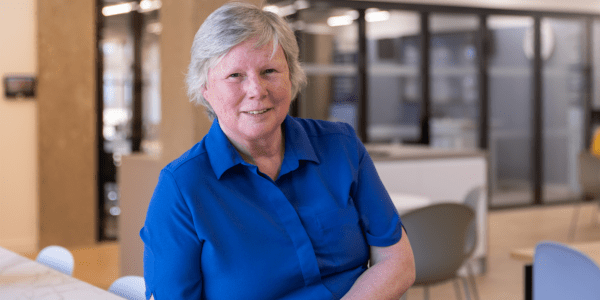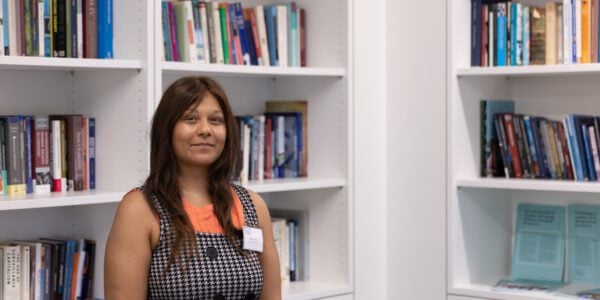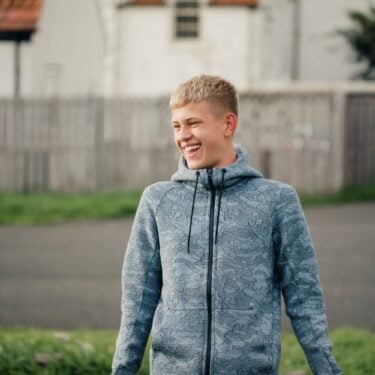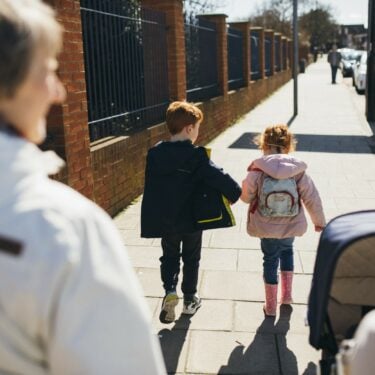-
Professor Paul BeaumontUniversity of Aberdeen
-
Dr Lara WalkerUniversity of Sussex
-
Jayne HollidayUniversity of Aberdeen
Project overview
This project concerns the place of adjudication of cases of international child abduction.
The Hague Convention on Child Abduction makes the presumption that it is generally in the interests of abducted children to be returned to the country of origin for adjudication, so that the courts there can carry out a full assessment of their interests. But under Article 13, the state of refuge can issue a ‘non-return order’ where there are concerns about a return to the stage of origin. The study will focus on the operation of the Brussels IIa regulation, which allows the courts of origin to overturn this non-return order.
The study will involve collation of data from Central Authorities in all the relevant states, to estimate the number and basic characteristics of cases where the courts of origin have overruled a non-return order. More detailed analysis of case reports will enable the researchers to examine the processes which led the courts of origin to reach this decision. The study will also consider the relationship between decisions about the place of adjudication and the outcome of the case ‘ in other words, does the decision to return a child to the state of origin also result in custody provision being made? The findings from this study will inform a forthcoming consultation to review the Brussels IIa regulation and associated practice guidance.
































